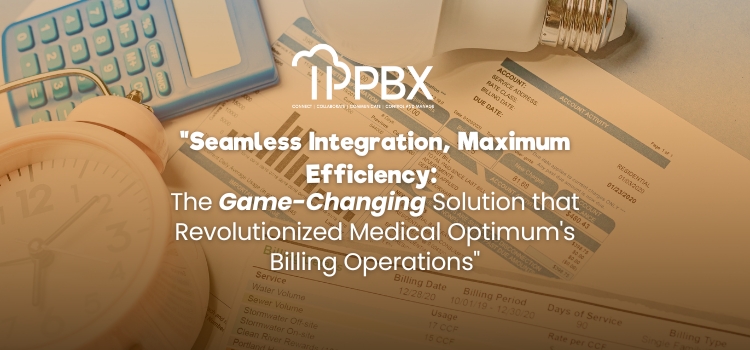Introduction:
The pursuit of faster gene therapy approvals presents a challenging dilemma: balancing the drive for innovation and timely access to potentially life-saving treatments with the need to ensure patient safety and thorough evaluation of risks. This article examines the delicate balance between risks and rewards in the quest for expedited gene therapy approvals, exploring the benefits, concerns, and strategies for striking the right balance.
1. Accelerating Timely Access to Innovative Treatments:
Faster gene therapy approvals hold the promise of providing timely access to groundbreaking treatments for patients with severe or life-threatening conditions. By streamlining regulatory processes, innovative therapies can reach those in need sooner, potentially improving health outcomes and quality of life. The ability to expedite approvals enables healthcare systems to respond more effectively to urgent medical needs, particularly in cases where no effective alternatives exist.
2. Ensuring Robust Safety Evaluations:
While expediting approvals can bring hope, it is crucial to maintain a strong focus on patient safety. Gene therapies often involve manipulating genetic material and introducing it into patients’ cells, posing unique risks and potential long-term consequences. Striking the right balance requires a comprehensive evaluation of safety data, rigorous clinical trials, and post-marketing surveillance to monitor any unforeseen effects. Maintaining high safety standards is essential to protect patients and maintain public trust in the field of gene therapy.
3. Ethical Considerations and Informed Consent:
The pursuit of faster approvals brings ethical considerations to the forefront. Patients must be fully informed about the experimental nature of gene therapies, potential risks, uncertainties, and alternative treatment options. Informed consent becomes crucial, ensuring individuals have the necessary information to make autonomous decisions about participating in clinical trials or pursuing approved treatments. Ethical frameworks should prioritize transparent communication, respecting patient autonomy, and promoting shared decision-making between healthcare providers and patients.
4. Balancing Innovation and Scientific Rigor:
The quest for faster approvals should not compromise the scientific rigor necessary for evaluating gene therapies. Rigorous preclinical and clinical studies are fundamental for understanding efficacy, safety, and long-term effects. Striking the right balance between innovation and scientific scrutiny requires robust study designs, comprehensive data collection, and rigorous peer review. Collaborative efforts among regulators, researchers, and healthcare professionals are vital to ensure the development of safe and effective gene therapies while expediting the approval process.
5. Collaborative Learning and Continuous Improvement:
The pursuit of faster gene therapy approvals should be accompanied by a commitment to collaborative learning and continuous improvement. Real-world data, post-marketing studies, and ongoing monitoring provide valuable insights into the long-term safety and effectiveness of gene therapies. Stakeholders, including regulatory agencies, researchers, healthcare providers, and patient advocacy groups, should work together to exchange knowledge, share best practices, and address emerging challenges. Learning from real-world experiences enables the refinement of regulatory frameworks, manufacturing processes, and safety protocols.
6. Transparency and Trust:
Transparency in the regulatory process is essential to foster trust among patients, healthcare providers, and the wider public. Open communication regarding the benefits, risks, uncertainties, and regulatory decisions surrounding gene therapy approvals helps build public confidence in the integrity of the process. Transparent reporting of clinical trial results, adverse events, and ongoing safety monitoring efforts enhances trust and ensures that stakeholders have access to accurate and comprehensive information.
Conclusion:
Balancing risks and rewards in the quest for faster gene therapy approvals requires careful consideration of patient safety, ethical principles, scientific rigor, and transparency. While expedited access to innovative treatments can bring hope and benefits to patients, maintaining robust safety evaluations and upholding ethical standards must remain paramount. Collaborative efforts among stakeholders, continuous learning, and transparent communication are crucial for navigating the complexities of gene therapy approvals and maximizing the potential benefits while minimizing risks to patient
well-being.










